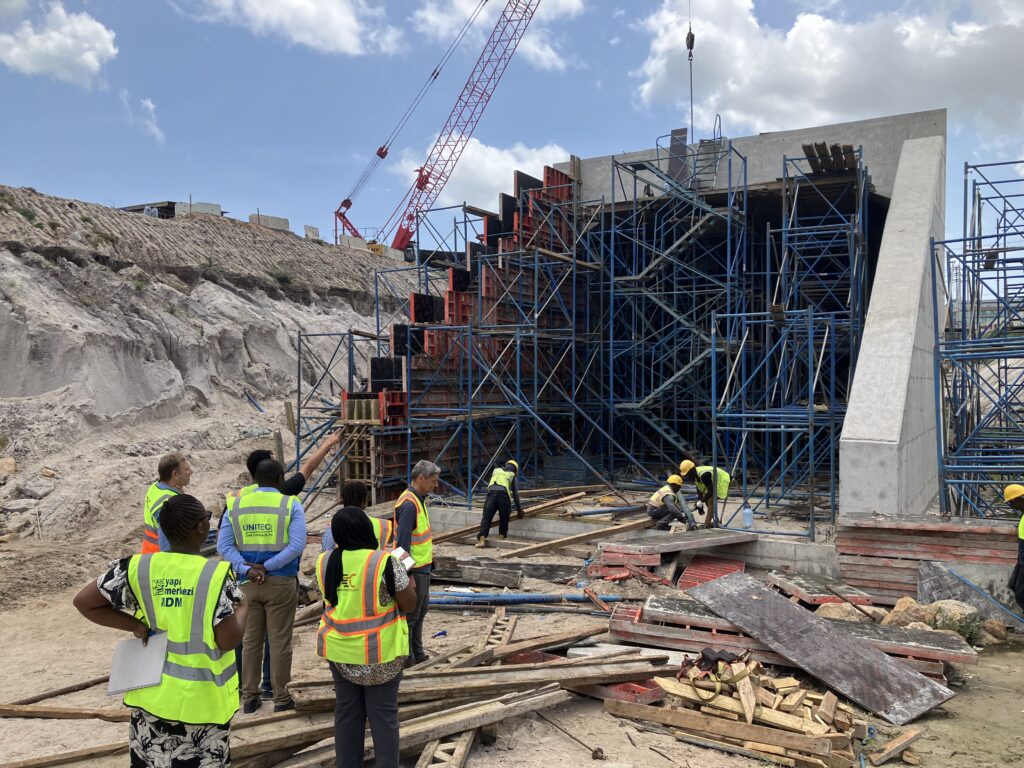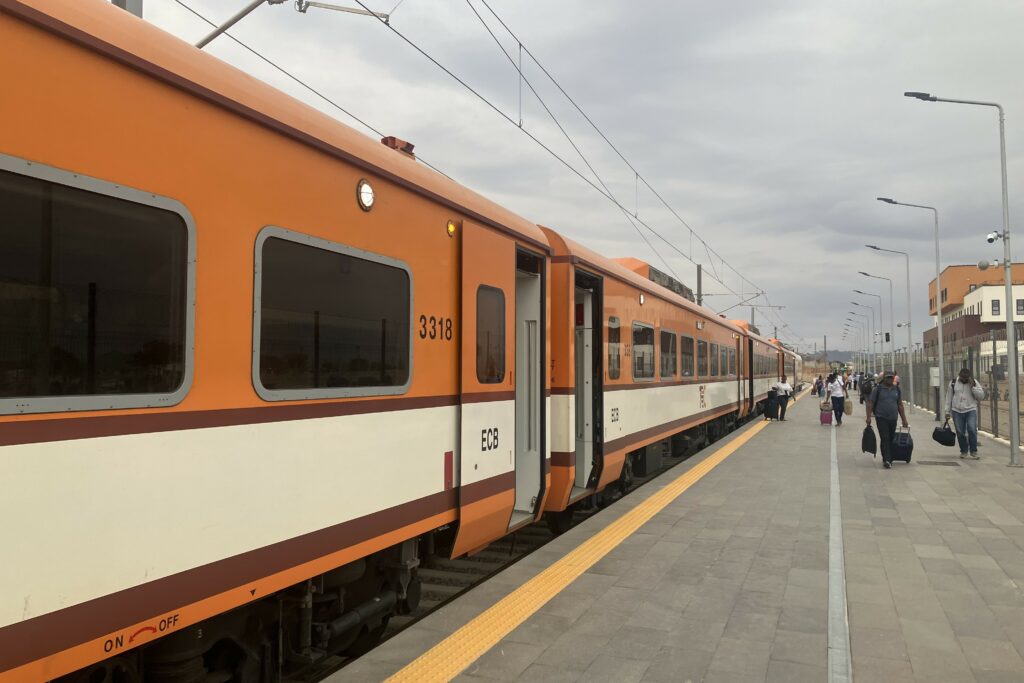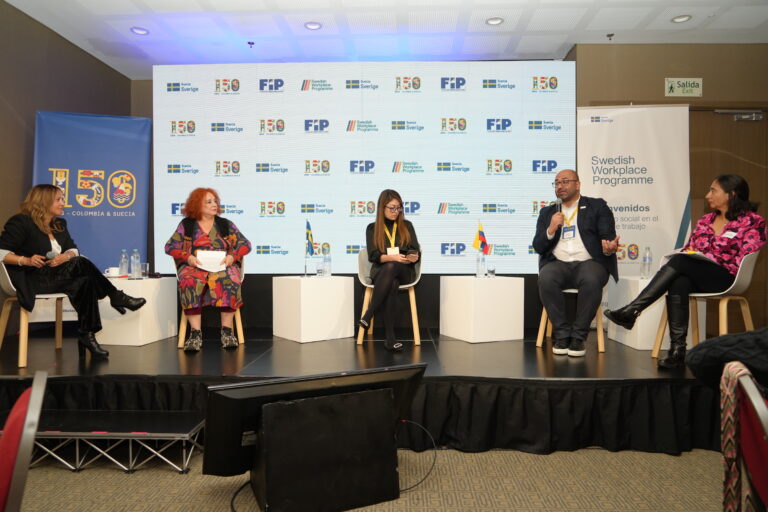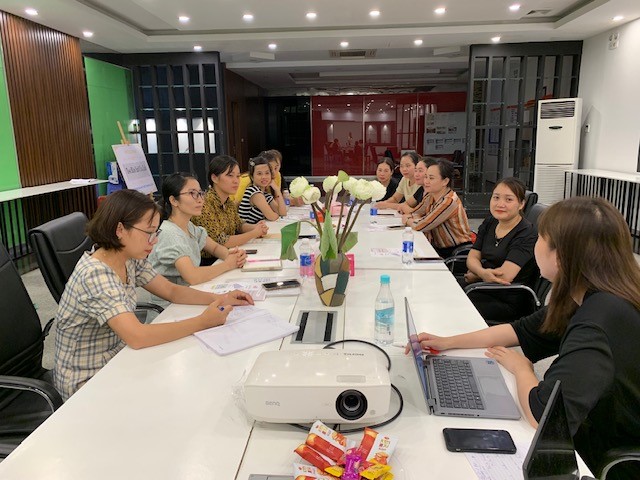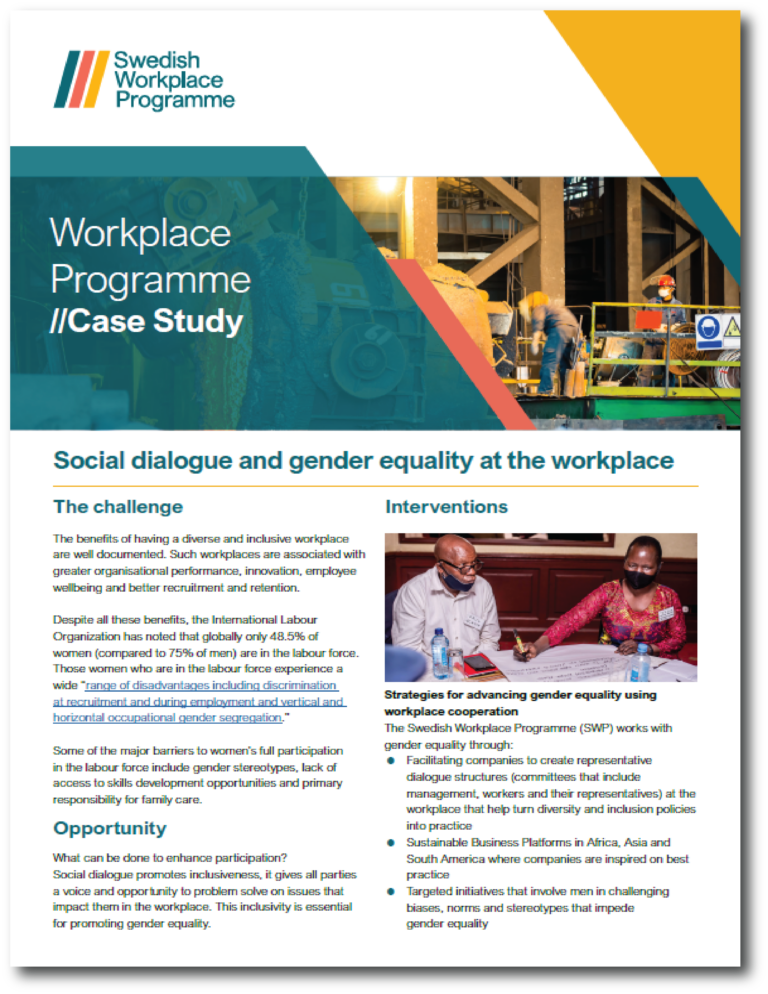Sector
Transportation
Partner
Electricidade de Moçambique E.P. (EDM)
Status
Ongoing since 2023

Tanzania is investing in its rail network to enhance efficiency, capacity and to facilitate regional connectivity. Several railway projects are underway in Tanzania including the Standard Gauge Railway (SGR), which is planned to ultimately include approximately 2,500 kilometers of electrified railway. The SGR will connect key Tanzanian cities and link up with neighboring countries such as Burundi, Rwanda, Uganda and the Democratic Republic of Congo, redefining how people and goods move and opening new opportunities for social and economic development. Tanzania Railway Corporation (TRC), Tanzania’s state-owned railway company, is the operator of the SGR.
The SGR is also a strategic project for Team Sweden as SEK and EKN – both NIR members – are part of the Lender’s Group providing loans and credit guarantees for the approximately 540 kilometers of electrified railway between Dar es Salaam and Dodoma, Tanzania’s capital. The Lender’s Group have environmental and social requirements linked to their financing, which need to be met by TRC as the project owner. This includes aligning with the relevant aspects of the International Financial Corporation Performance Standards (IFC PS).
Together with Team Sweden, we have been supporting TRC since 2021 with training, capacity building and organizational readiness to operate the SGR in line with the IFC PS. For more about the SGR and our support to TRCMozambique is a net exporter of energy to countries in the Southern African Power Pool (SAAP) and has an important regional role in the commercialization of electricity in the region. Electricidade de Moçambique E.P. (EDM), the state-owned energy company which generates, transmits and distributes electricity and is the sole electrical utility in Mozambique, plays a key role in Mozambique achieving universal access to energy and electrifying the region.
